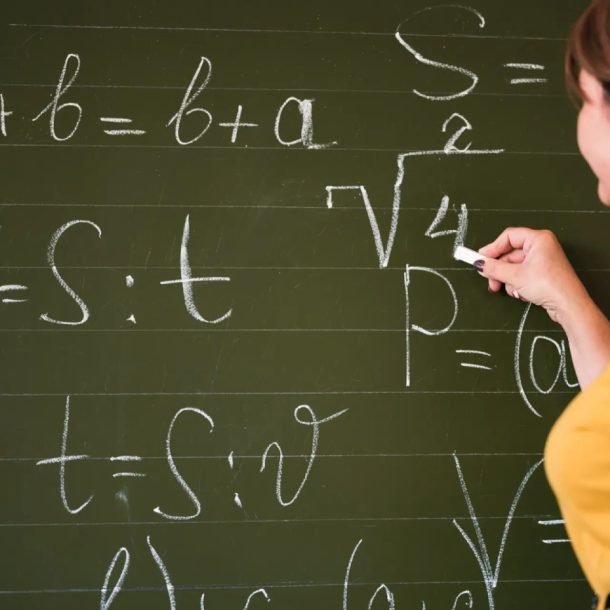
Today we will discuss why it is important to keep an open mind while toiling away on your GMAT studying. Don’t go into test day with biases expecting that if a question tells us this, then it must ask that. GMAC testmakers are experts in surprising you and taking advantage of your preconceived notions, which is how they confuse you and convert a 600-level question to a 700-level one.
We have discussed necessary and sufficient conditions before; we have also discussed assumptions before. This question from our own curriculum is an innovative take on both of these concepts. Let’s take a look.
All of the athletes who will win a medal in competition have spent many hours training under an elite coach. Michael is coached by one of the world’s elite coaches; therefore it follows logically that Michael will win a medal in competition.
The argument above logically depends on which of the following assumptions?
(A) Michael has not suffered any major injuries in the past year.
(B) Michael’s competitors did not spend as much time in training as Michael did.
(C) Michael’s coach trained him for many hours.
(D) Most of the time Michael spent in training was productive.
(E) Michael performs as well in competition as he does in training.
First, we must break down the argument into premises and conclusions:
Premises:
Conclusion: Michael will win a medal in competition.
Read the argument carefully:
All of the athletes who will win a medal in competition have spent many hours training under an elite coach.
Are you wondering, “How does one know that all athletes who will win (in the future) would have spent many hours training under an elite coach?”
The answer to this is that it doesn’t matter how one knows – it is a premise and it has to be taken as the truth. How the truth was established is none of our business and that is that. If we try to snoop around too much, we will waste precious time. Also, what may seem improbable may have a perfectly rational explanation. Perhaps all athletes who are competing have spent many hours under an elite coach – we don’t know.
Basically, what this statement tells us is that spending many hours under an elite coach is a NECESSARY condition for winning. What you need to take away from this statement is that “many hours training under an elite coach” is a necessary condition to win a medal. Don’t worry about the rest.
Michael is coached by one of the world’s elite coaches.
It seems that Michael satisfies one necessary condition: he is coached by an elite coach.
Conclusion: Michael will win a medal in competition.
Now this looks like our standard “gap in logic”. To get this conclusion, the necessary condition has been taken to be sufficient. So if we are asked for the flaw in the argument, we know what to say.
Anyway, let’s check out the question (this is usually our first step):
The argument above logically depends on which of the following assumptions?
Note the question carefully – it is asking for an assumption, or a necessary premise for the conclusion to hold.
We know that “many hours training under an elite coach” is a necessary condition to win a medal. We also know that Michael has been trained by an elite coach. Note that we don’t know whether he has spent “many hours” under his elite coach. The necessary condition requires “many hours” under an elite coach.
If Michael has spent many hours under the elite coach then he satisfies the necessary condition to win a medal. It is still not sufficient for him to win the medal, but our question only asks for an assumption – a necessary premise for the conclusion to hold. It does not ask for the flaw in the logic.
Focus on what you are asked and look at answer choice (C):
(C) Michael’s coach trained him for many hours.
This is a necessary condition for Michael to win a medal. Hence, it is an assumption and therefore, (C) is the correct answer.
Don’t worry that the argument is flawed. There could be another question on this argument which asks you to find the flaw in it, however this particular question asks you for the assumption and nothing more.
Here is a video that discusses Assumption questions
Learn what makes an assumption tick and why it plays such a key role in GMAT CR questions.
https://anaprep.com/critical-reasoning-what-is-an-assumption/
See how conditional logic is tested through assumptions with this clear GMAT CR example.
https://anaprep.com/critical-reasoning-an-assumptions-question-on-conditional-statements-joey/
Avoid confusion by learning how to tell assumptions and inferences apart in Critical Reasoning.
https://anaprep.com/critical-reasoning-assumption-vs-inference/
Master the MSR assumption question with a step-by-step strategy here.
https://anaprep.com/critical-reasoning-msr-assumption-question/
Break down this unique GMAT CR question and see how assumptions drive the argument.
https://anaprep.com/critical-reasoning-maryland-highway-assumption-question/
Build a robust verbal study plan with our proven 6-step framework.
https://anaprep.com/6-step-approach-to-verbal-preparation/